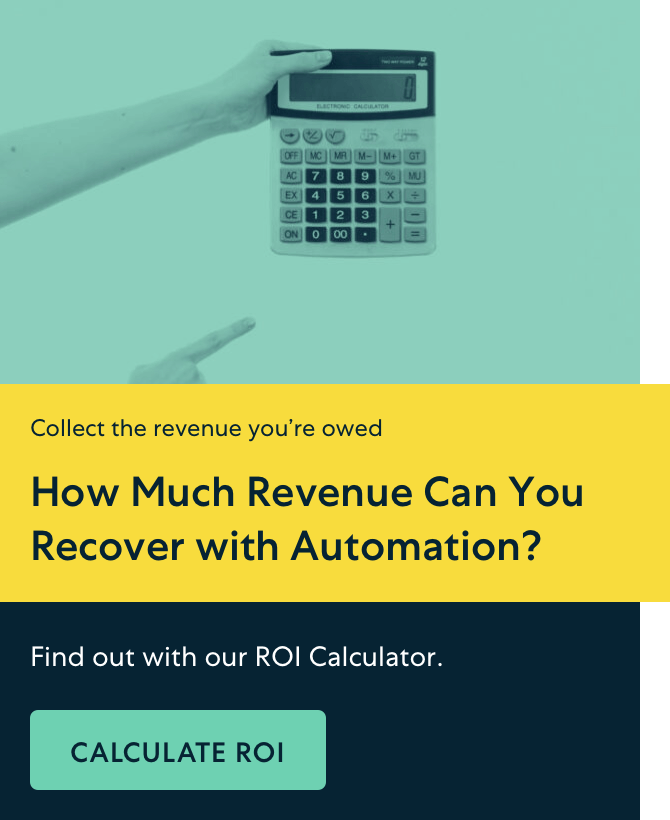$4.88 million. That’s the global average cost of a data breach as of 2023. But did you also know that, in the U.S., there have been an estimated 17,500 unique data breaches since 2002, affecting around 10 billion individuals?
As payment ecosystems become increasingly digital-first, it’s critical that eCommerce players take the necessary steps to implement strong information security standards that protect sensitive credit card data. Not only do data and cybersecurity breaches cost a lot of money, but they also damage the trust consumers have in the company holding their data and information.
That’s why, to ensure companies handling cardholder data protect this information, a minimum data security standard has been created, commonly known as PCI DSS. If you’re unsure what PCI DSS is, why it matters, and what PCI compliance is, worry not: we’re here to explain everything you need to know about PCI compliance today.
TL;DR
- PCI DSS is a set of 12 requirements that ensure a baseline of protection for consumers and the banks involved in digital and online transactions.
- PCI compliance is an industry mandate, and in some states, has even been written directly into state law. Failure to do so can lead to legal retaliation, fines as high as $10,000 per month, and even total shutdown of your business
- If you’re worried about being able to implement security controls that meet PCI data security standards; this is where PCI compliance software like Stax Bill comes in. It streamlines and automates the process of becoming (and staying!) compliant with PCI standards, taking the majority of the burden off of your business.
What is PCI DSS?
First things first: PCI DSS stands for Payment Card Industry Data Security Standard, and it’s basically a set of regulations and standards that were formalized by the PCI SSC (Payment Card Industry Security Standards Council) or PCI Security Standards Council back in 2004.
To help standardize this approach, five of the largest payment card brands globally (American Express, JCB International, Discover Financial Services, Visa, and Mastercard), created the PCI DSS, which are 12 requirements that ensure a baseline of protection for consumers and the banks involved in digital and online transactions.
Today, if you store, process, or transmit cardholder data, it’s a must that you comply with PCI DSS requirements. That means whether you’re a mid-size SaaS company or you run a one-man eCommerce shop online, you need to ensure PCI compliance.
However, it’s not as easy as reading all 12 requirements and making a few small adjustments manually to your way of working. That’s because the PCI compliance requirements have many sub-requirements, and all the official documentation is over a thousand pages long. Plus, the bigger your organization is, the more steps you’ll need to take to ensure full payment security—lasting as long as eight to 12 months. Even if you’re a small business, ensuring PCI compliance can take around four months, as you’d need to conduct risk assessments, perform gap analyses, write security policies, implement operational controls, and much more—and then undergo an assessment by a qualified security assessor.
Which leads to the question some of you might be thinking: Do I really have to be PCI compliant? And yes, you must. There’s no getting around it. PCI DSS compliance is an industry mandate, and in some states, has even been written directly into state law. Failure to do so can lead to legal retaliation, fines as high as $10,000 per month, and even total shutdown of your business. Ooof!
What is PCI Compliance Software?
Now, there’s no need to despair if you’re worried about being able to implement security controls that meet PCI data security standards; this is where PCI compliance software comes in. Basically, PCI compliance service providers streamline and automate the process of becoming (and staying!) compliant with PCI standards. That includes offering customized resources and insights, questionnaires for self-assessments, and much more. Here are some key features PCI compliance software should have:
- Data encryption and tokenization: This ensures all card information is encrypted (and never stored) when transmitted, while data tokenization adds an extra layer of data security by ensuring the original dataset can’t be reverse-engineered.
- Vulnerability scanning and penetration testing: The software provider you use should offer partnerships with Approved Scanning Vendors so you can easily scan your systems and locate any possible vulnerabilities.
- Logging and monitoring of payment systems: By logging whoever has accessed your payment systems, and ensuring continuous system oversight in real-time, you can meet the 10th PCI DSS requirement and be able to execute a robust incident response if needed.
- Reporting and audit support: With automated trend analysis, incident, and compliance reports, as well as guidance to ensure all necessary documentation and processes are in place for compliance checks, your business can handle both internal and external audits at any time.
With PCI compliance software, achieving compliance is streamlined and can be achieved in a matter of days or weeks, which means you’ll significantly reduce the risks of security breaches and being fined.
Types of PCI DSS Compliance Software
There are two main types of PCI compliance software you can choose from: on-premises, which is installed and run within your own infrastructure; or cloud-based, which is hosted externally on third-party servers. The former requires significant cost investment upfront, and is pretty much only an option for large enterprises, while cloud-based offers accessible pricing and is easily scalable.
These systems can either be fully standalone, which are specifically designed only to ensure total compliance, or can be an integrated payment processing system, which’ll let you manage recurring billing while meeting PCI compliance all in one go.
Finding and Implementing the Right PCI DSS Compliance Software Vendor
To find the best PCI software for your business, start by assessing your business needs: how many transactions are you making on average? What payment methods are used? What geographies do you serve? What’s your growth plan like?
Then, speak to industry peers to see what solutions they use, and do your own research to arrive at a top few contenders. Check to see if they have all essential PCI compliance tools and functionalities, like data encryption, firewalls, integrity monitoring, and fraud prevention, and have a look at what other customers have had to say about the vendor on an independent review site like G2.
Finally, request a free demo or trial, and determine how well the PCI compliance software integrates into your existing tech stack and payment processors. Make sure to ask about pricing: are there any hidden costs or fees, or do they offer transparent, all-in pricing like Stax Bill? Oh, and don’t forget to inquire about what sort of training and resources are provided: not just for onboarding, but throughout the entire lifecycle.
When you’re ready to make the switch, your new PCI software provider should support you in the installation and configuration of the software, as well as provide customizable training for all staff—even if they don’t handle credit card info! Of course, perhaps the most important functionality your PCI compliance software should offer is continuous maintenance and updates to ensure your business can always meet any compliance audits.
Wrapping Up
Meeting all PCI requirements to stave off cybersecurity and malware breaches can be exhausting as a subscription-based company, but with Stax Bill, we make it easy to always ensure you’re PCI DSS compliant.
As an automated billing software provider, we’re proud to be Level 1 Compliant, the highest level of compliance available, so you can let us keep your customers’ data secure, while you focus on running your business. Just how it should be, right?
Request a demo of our PCI compliant subscription billing software today. Contact Stax Bill now.






